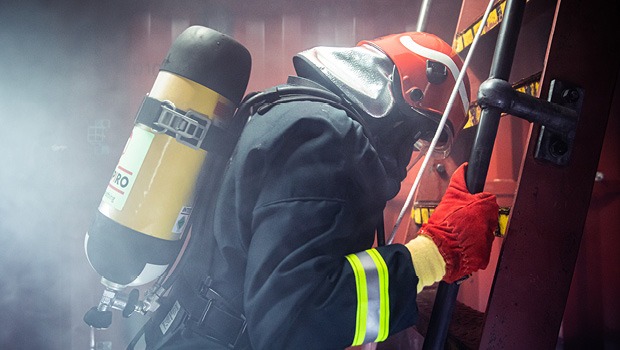
Understanding the Basics of Fire Safety
Fire safety is essential for preventing destructive fires and minimizing damage when they occur. Itinvolves knowing the basic principles, including fire prevention, detection, and suppression. A proactive approach to fire safety can save lives and property by reducing the risk of fire and ensuring a swift response in an emergency.
The Importance of Fire Alarms
Fire alarms are your first line of defense in case of a fire emergency. Installing smoke detectors in every room and ensuring they are regularly tested can alert you to a fire before it spreads. A working fire alarm system increases the chances of escape, especially when fires occur during the night.
Keeping Fire Extinguishers Accessible
Fire extinguishers are an essential part of any fire protection plan. Keep extinguishers in key locations—such as kitchens, garages, and near heat sources. Ensure they are properlymaintained and that everyone in the household or workplace knows how to use them.
Fire Sprinkler Systems: A Worthwhile Investment
Fire sprinkler systems are one of the most effective ways to contain and extinguish fires in their early stages. Whether you’re building a new home or retrofitting an older building, sprinklers are a wise investment that can significantly reduce the spread of fire and smoke.
Creating a Fire Escape Plan
A fire escape plan is crucial to ensuring everyone knows what to do in the event of a fire. The plan should include multiple exits, meeting points outside the home or business, and routes that are accessible even if certain paths are blocked. Practice the plan regularly to ensure swift and calm
execution in an emergency.
Fire-Resistant Materials: Building for Safety
When constructing or renovating your property, consider using fire-resistant materials. Materials like fire-rated doors, windows, and roofing can greatly slow the spread of flames and reduce fire damage. Investing in these materials can enhance the fire safety of your building significantly.
Proper Electrical Wiring and Maintenance
Electrical fires are one of the leading causes of residential and commercial fires. Ensuring that your electrical wiring is properly installed and regularly maintained can prevent dangerous short circuits and overloads. Avoid using faulty or outdated wiring and always hire qualified electricians for repairs
or installations.
Safe Cooking Practices
The kitchen is a common area for fires to start, especially when cooking. To minimize the risk, never leave cooking food unattended, keep flammable objects away from heat sources, and have a fire extinguisher nearby. Additionally, regularly clean grease buildup, which can ignite if left unchecked.
Keeping Combustibles Away from Heat Sources
Keep flammable materials such as paper, cloth, or fuel away from heat sources like stoves, heaters, and open flames. These materials can easily catch fire if they come into contact with a heat source. Store flammable substances in a safe, designated area away from ignition points.
Routine Fire Drills and Safety Education
Regular fire drills and safety education can make a significant difference in how prepared you are for a fire. Educate all household members or employees on fire safety practices, proper use of fire extinguishers, and emergency protocols. Fire drills help ensure that everyone knows what to do in a high-stress situation, increasing the chances of safe evacuation.
